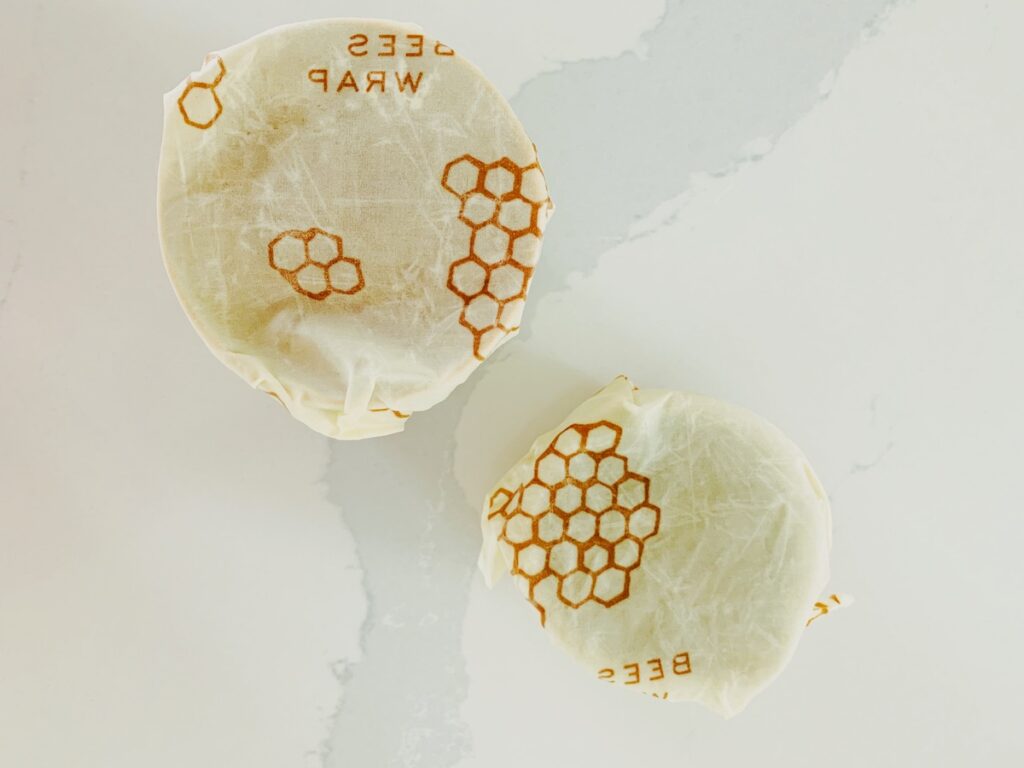To understand how small businesses came to be, we have to step back in time. Around 800BC the citizens of ancient Greece organized the first iteration of shopping small with an open air market where people could buy and sell goods. For most of history, people were limited to making what they needed at home or procuring goods from producers within close proximity. The Industrial Revolution not only changed the way people shop, it changed what they bought. Trains delivered machine made goods to people in remote areas. In the gold rush era, mom and pop general stores and drug stores were plentiful and the primary means of shopping.
Two significant post war factors ushered in big changes that yet again affected the way people shopped – the elimination of war era price controls and the creation of the discount store. With the elimination of governmental regulation, companies could set prices as they pleased. In 1962 the first discount stores came into being with the opening of the first Walmart, Target and Kmart. With plenty of shelf space, these stores replaced handmade goods with machine made alternatives and stocked shelves with a variety of low cost consumer products. They offered, and still do, a wide range of household items under one roof, creating a convenient shopping experience for families across the country.
As the world continued to move through the industrial age, production shifted from agriculture to industrial products like oil and steel. This paved the way for plastics. Companies, able to create plastic products cheaply, started marketing the convenience of single use plastic products. As we have learned, the “throwaway culture” is unsustainable.
Increasingly, people are taking an interest in how products are being made and how they’re affecting the environment once they reach the end of their lifecycle. This new awareness is creating a shift away from big conglomerates to independent, small companies doing things more sustainably. A paper wrapped baguette made with organic ingredients, reusable beeswax wraps and biodegradable dish brushes; small businesses are making eco-friendly products that are widely available. Holistically minded entrepreneurs are creating small businesses around solutions to problems created by profit driven enterprises.
The message of convenience has been played over so frequently that it’s now engrained in our brains. It’s convenient to make a Target run, to put leftovers in a ziplock bag, to use disposable sponges for cleaning, to buy water in plastic bottles. The perceived convenience of disposable products is interwoven into our very way of being. This didn’t happen by accident, it was a coordinated and thought out plan by big companies to sell their products.
The refill shop is a great first step towards matching the convenience factor of big box stores. While not Target, refill shops offer the convenience dispensers where you can refill reusable containers with everyday essentials like shampoo, body lotion and cleaning products. Airing on the side of local and sustainable, refill shops tend to carry locally made goods and a variety of low waste living products. It’s a one-stop-shop for most household product needs while eliminating plastic almost entirely.
Increasingly, small businesses are breaking through the illusion of convenience of disposable with well-made, sustainable alternatives. Refill shops, online retail, farmer’s markets, co-op grocery stores and makers markets make it easy to shop what you need in a few places. There is value in knowing who made the products you use; to understanding how they were made and how they will impact the environment when you’re finished using them. Small businesses are filling a void left by money hungry big businesses, providing environmentally sound products and making it convenient for the busiest of us.



